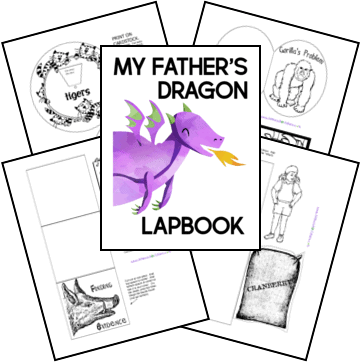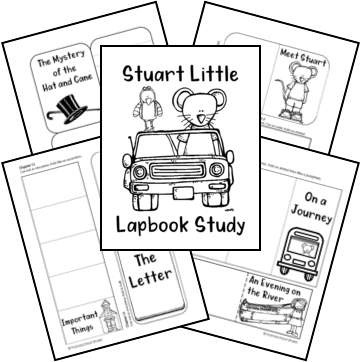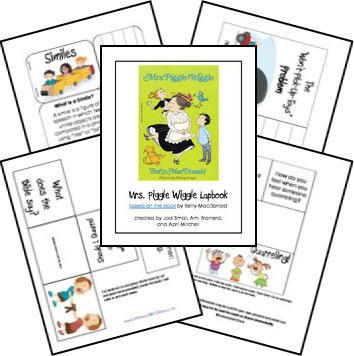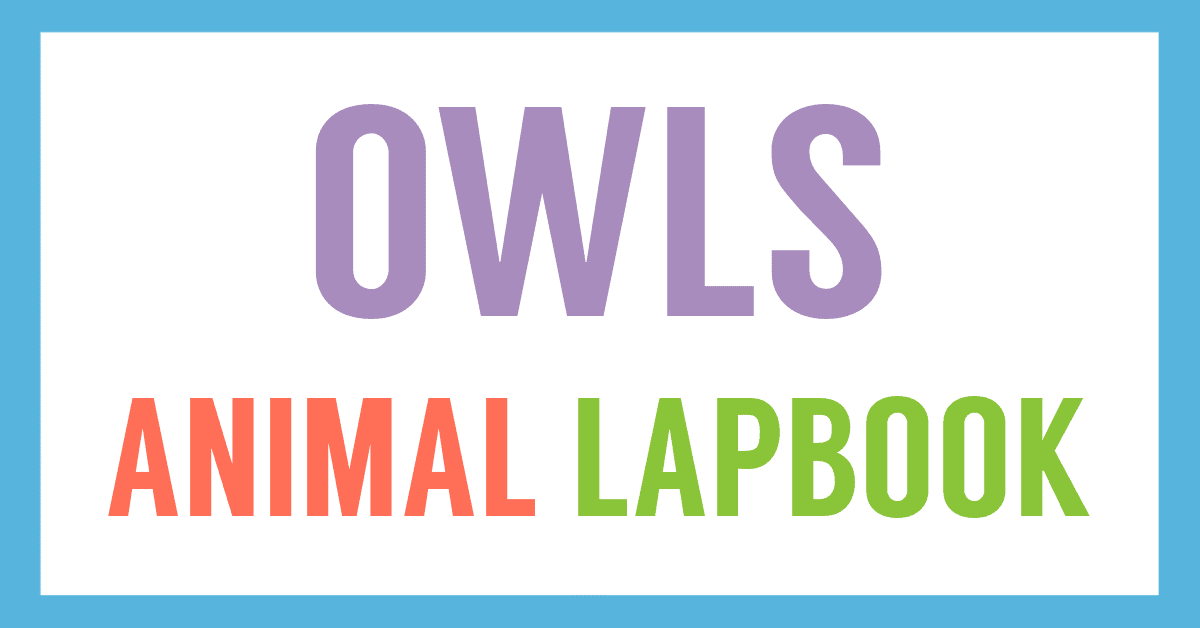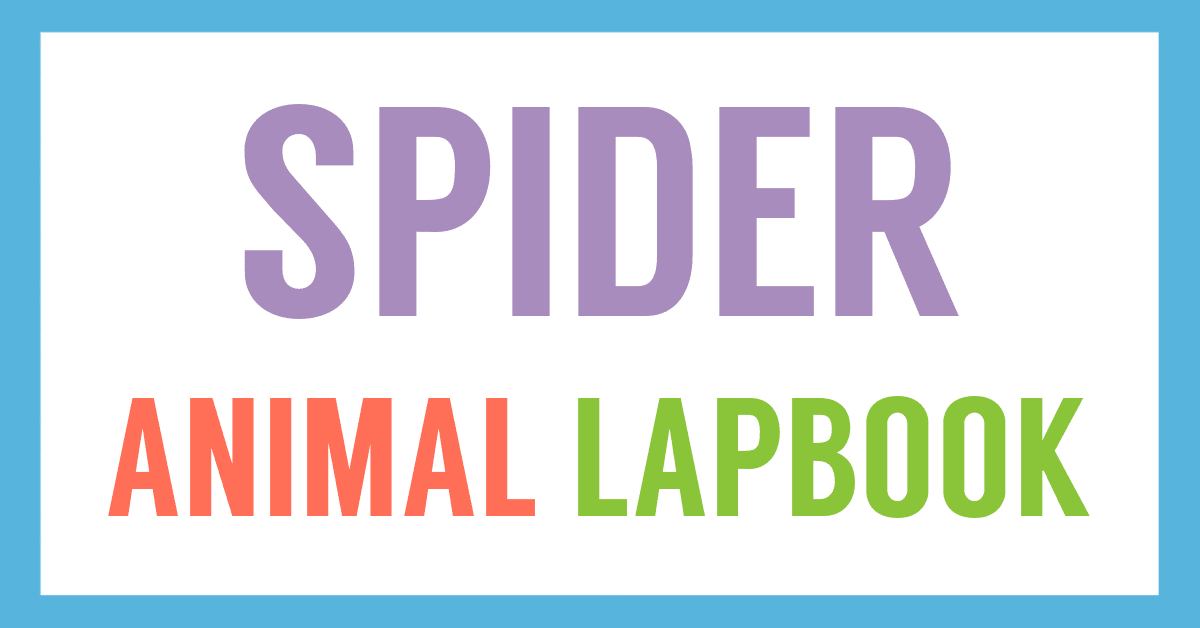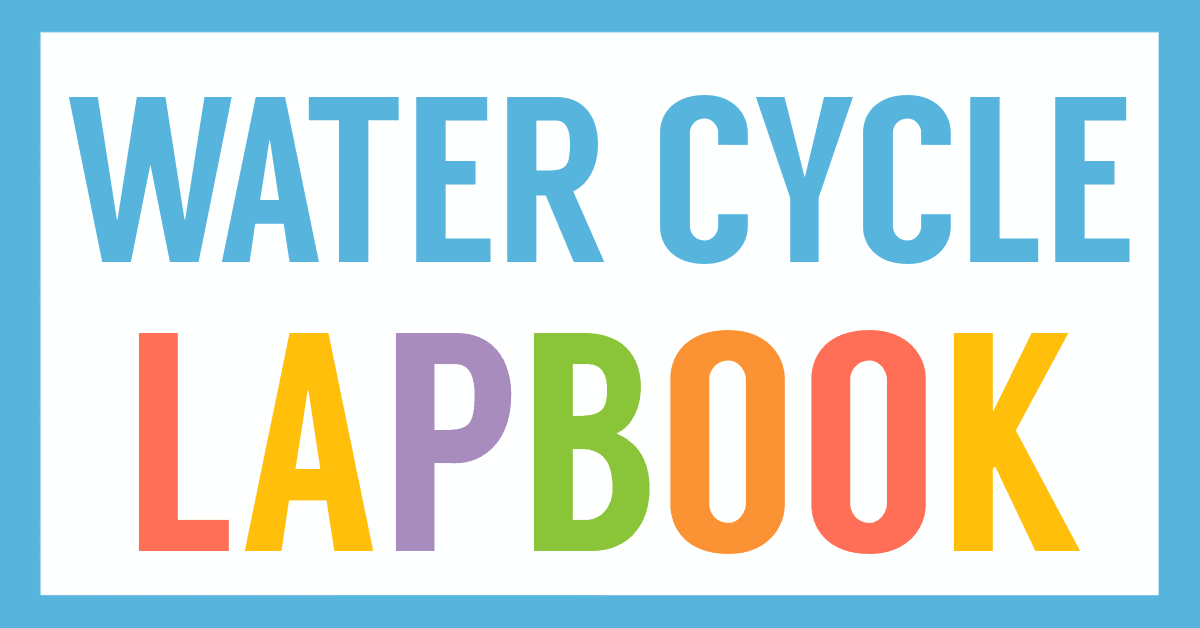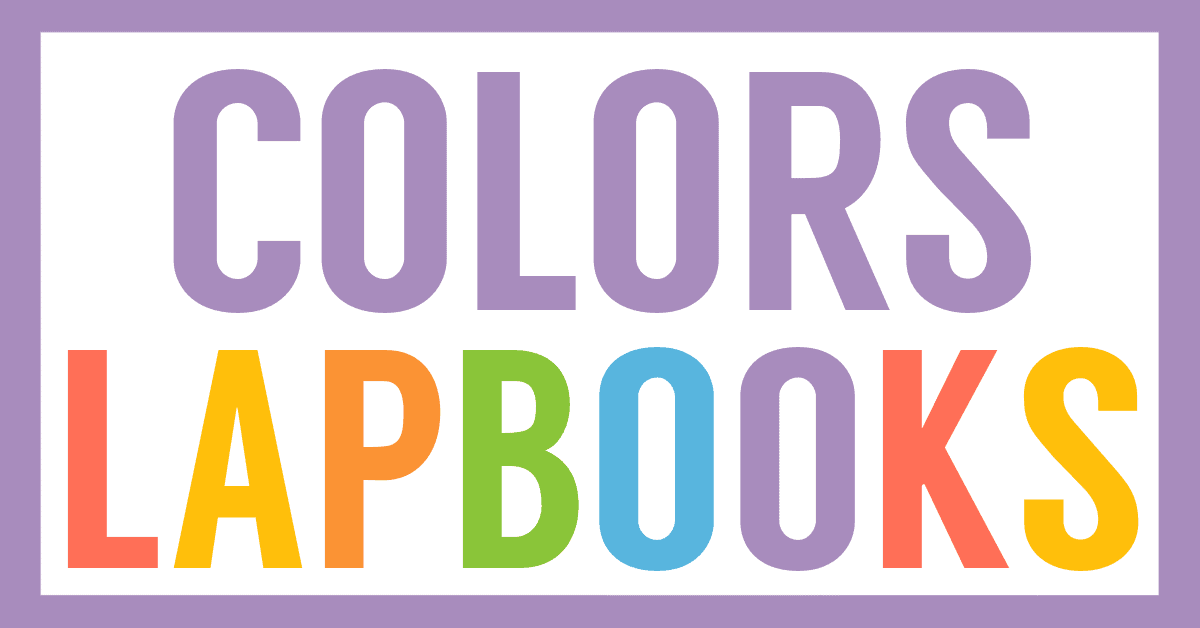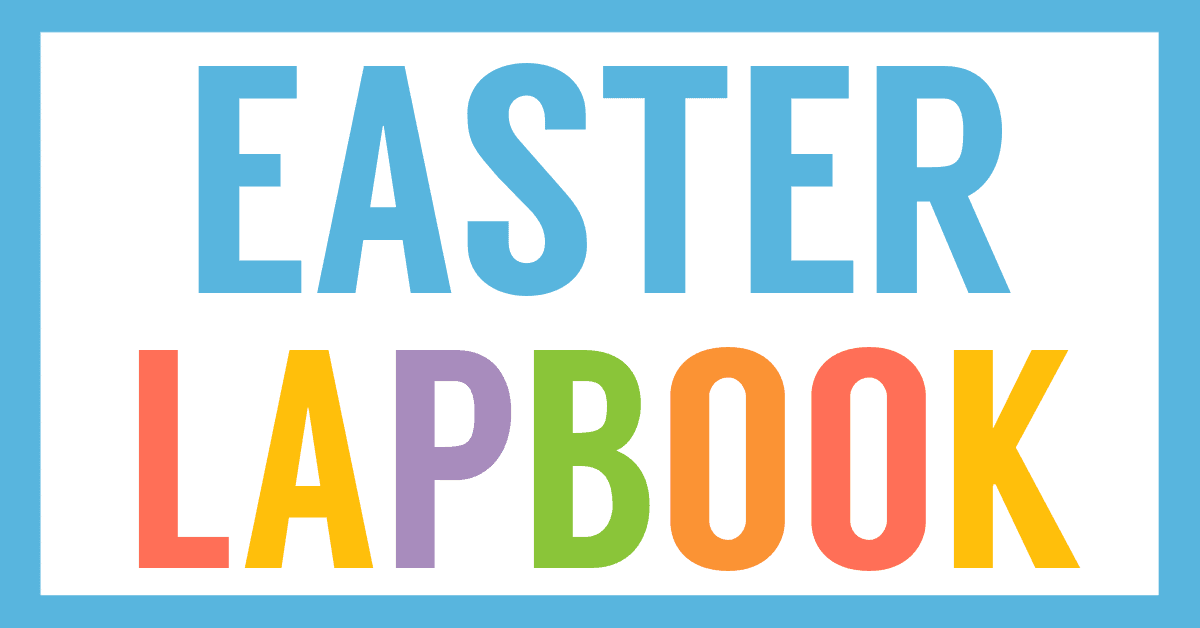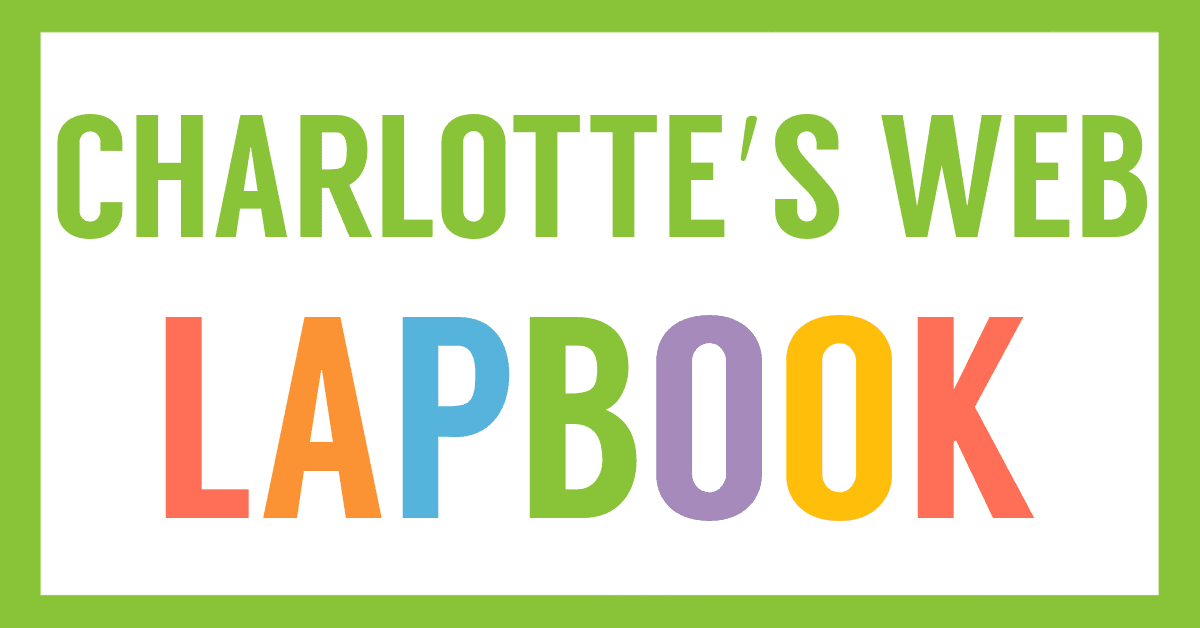Affiliate Disclaimer
We sometimes use affiliate links in our content. This won’t cost you anything, but it helps us to keep the site running. Thanks for your support.
Take a journey with Milo and learn how to use words carefully, how time is valuable, and how perspective is important as you work through the Phantom Tollbooth activities to create a lapbook.
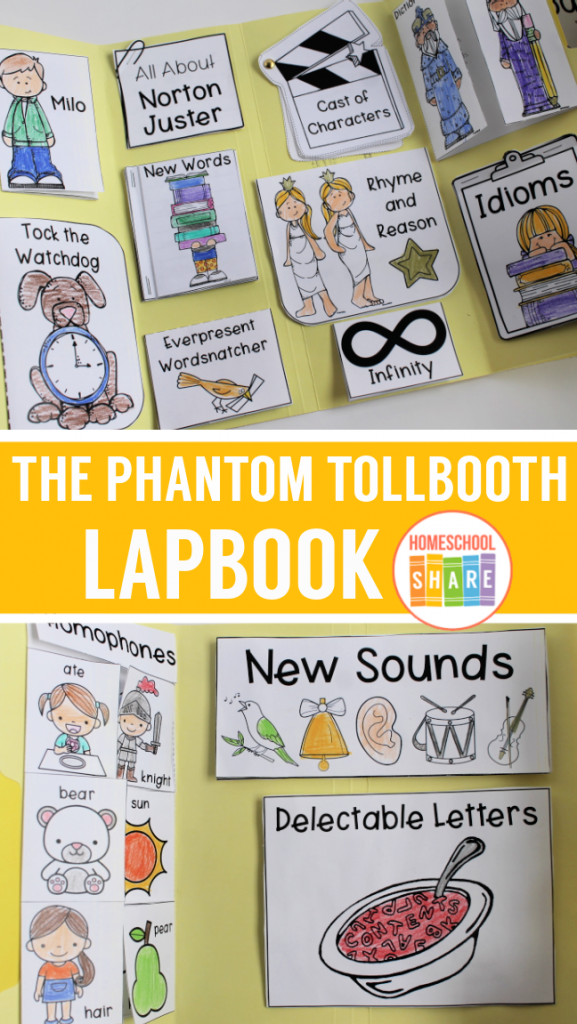
Thanks to Aadel Bussinger for preparing this literature lapbook.
The Phantom Tollbooth Summary
Don’t let the name of this book scare you. It is an amazing, relevant story that kids today need.
If you aren’t familiar with this fantastic classic, here is a short summary:
For Milo, everything’s a bore. When a tollbooth mysteriously appears in his room, he drives through only because he’s got nothing better to do. But on the other side, things seem different. Milo visits the Island of Conclusions (you get there by jumping), learns about time from a ticking watchdog named Tock, and even embarks on a quest to rescue Rhyme and Reason. Somewhere along the way, Milo realizes something astonishing. Life is far from dull. In fact, it’s exciting beyond his wildest dreams!
The Phantom Tollbooth Lapbook Activities
This lapbook includes printable activities based on the book The Phantom Tollbooth by Norton Juster.
The printable file also includes a simple study guide to help your student dive deeper into the story.
Here is a sample of the study guide:
Phantom Tollbooth Discussion Questions for Chapter 1
The teacher guide includes discussion questions. The book has a ton of things to discuss, so feel free to add your own ideas, too!
- Discuss Milo’s dilemma. Discuss the possible causes (Milo’s attitude, excess material goods, lack of purpose and responsibility, etc.).
- Describe Milo’s surprise gift.
- What did the package contain? (genuine turnpike tollbooth, precautionary signs, coins, map, and a book of rules and traffic regulations)
- Where does Milo decide to go? How does he choose his destination?
Phantom Tollbooth Lapbook Activities for Chapter 1
The teacher guide will let you know which mini-books to complete for each chapter of the book.
- Begin the Milo mini-book. Write about his character (at the beginning of the story).
- Begin the The Phantom Tollbooth Vocabulary Mini-book. If you find a new word, add the word and the definition to your book.
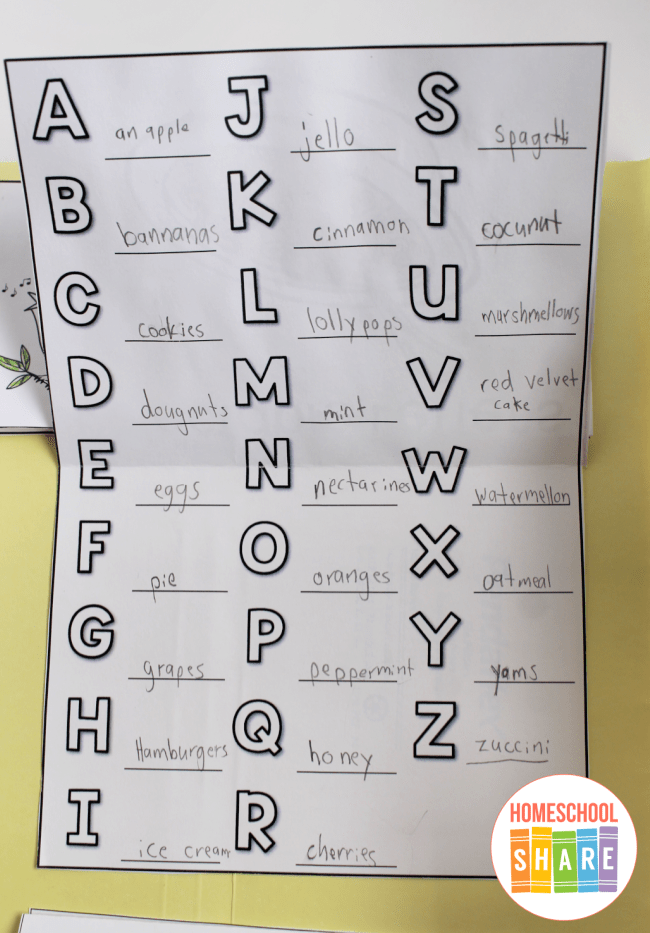
Lapbook Example
This lapbook example was made with two file folders (glued together). If you are new to lapbooking, you can read more in this How to Make a Lapbook post.
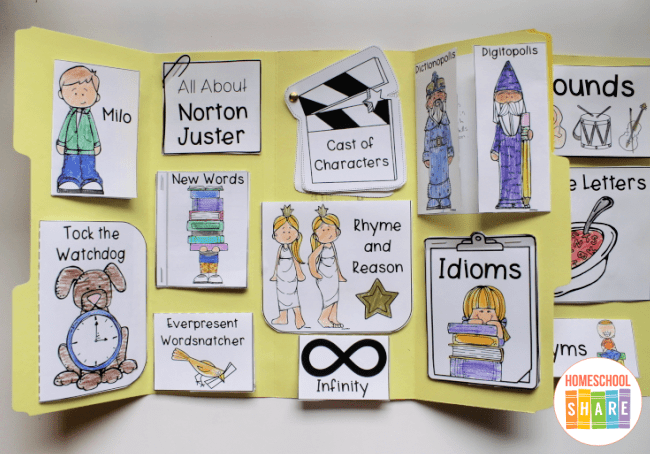
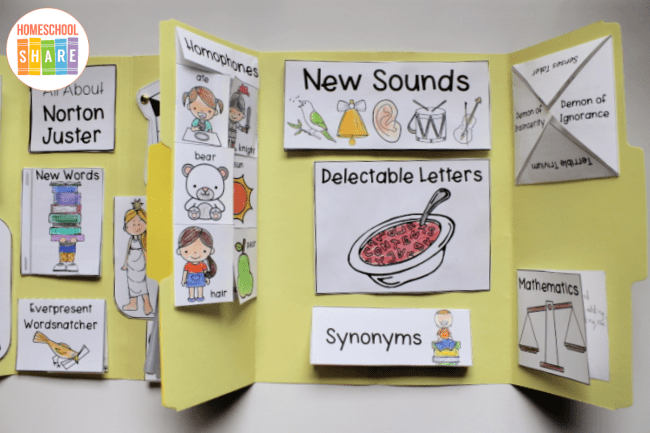
How to Get Started with the The Phantom Tollbooth Lapbook
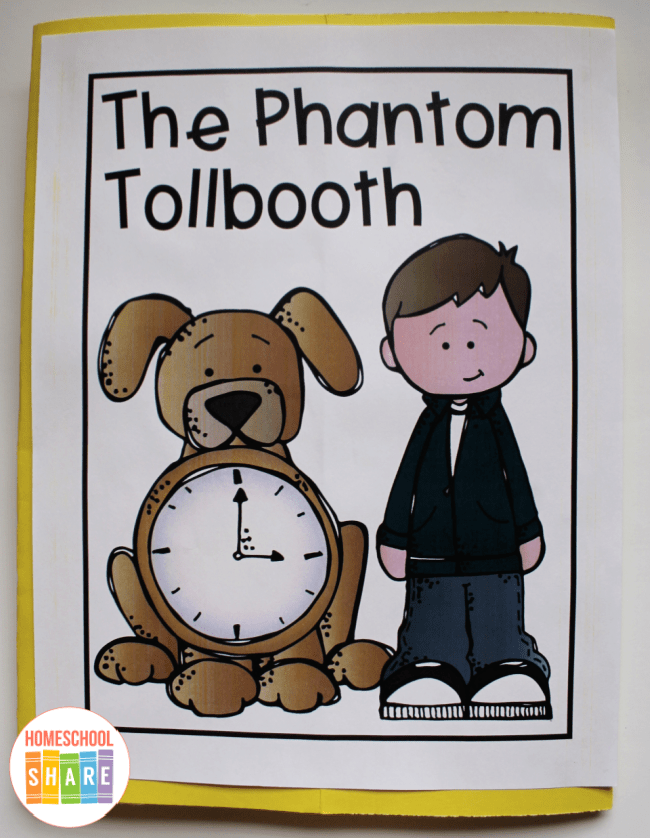
Follow these simple instructions to get started with The Phantom Tollbooth literature lapbook:
- Buy a copy of the book, The Phantom Tollbooth, or grab one from your local library.
- Choose and print the lapbook printables you want to use with your student.
- Enjoy a week of literature lapbooking with your student.
More Phantom Tollbooth Activities
Are you looking for extension activities for this book? Because of my sheer love for this book, I have used it for book club for 3rd-5th grades. You can find all of my Phantom Tollbooth activities, printables, and ideas for book club in this post.
Download Your Free Phantom Tollbooth Activities and Lapbook
Use the form below to subscribe to the newsletter. Once you confirm, you’ll receive an email with the link to the study guide and lapbook. If you are already confirmed, simply enter your name and email address below, and you will receive an email with the link.
More Chapter Book Lapbooks
These chapter book lapbooks are great alternatives to book reports.

